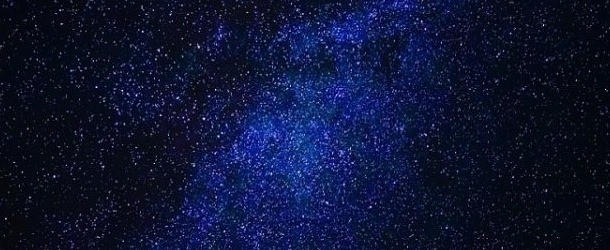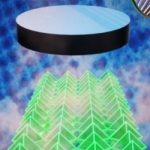Physicists Propose Using Quantum Sensors to Detect Exotic Ultralight Fields

(Phys.org) A team of physicists from the U.S., Poland and Germany proposes to use quantum sensor networks such as atomic clocks of the GPS network or sensors from the Gnome collaboration (a network of shielded atomic magnetometers made up of 13 stations placed strategically on four continents—each of which is equipped with a magnetometer that has sub-picotesla sensitivity) to detect exotic ultralight fields (ELDs)
Over the past several years, multi-messenger astronomy has arisen as a means for studying signals from certain astrophysical events such as merging black holes, which release energy in the form of signals that travel across the vastness of space.
The researchers with this new effort note that physicists have many questions surrounding such signals, one of which is whether theories regarding exotic fields with light quanta are valid. They note that for such theories to gain credence, physical evidence must be found. To that end, they suggest that quantum sensor networks could likely do the job. They show that existing sensors could be strong enough to detect ELDs. They further suggest that ELDs produced by astrophysical events might be detected by existing sensors used for other applications























